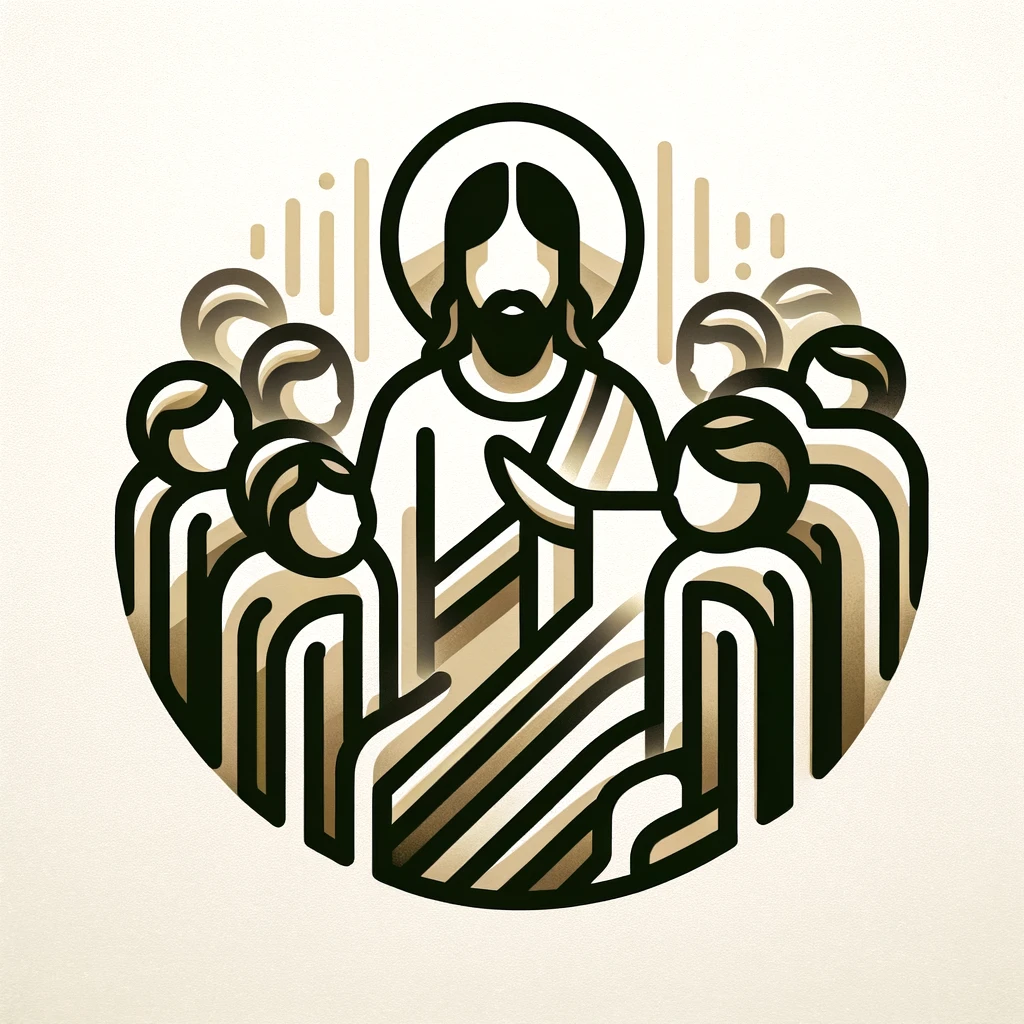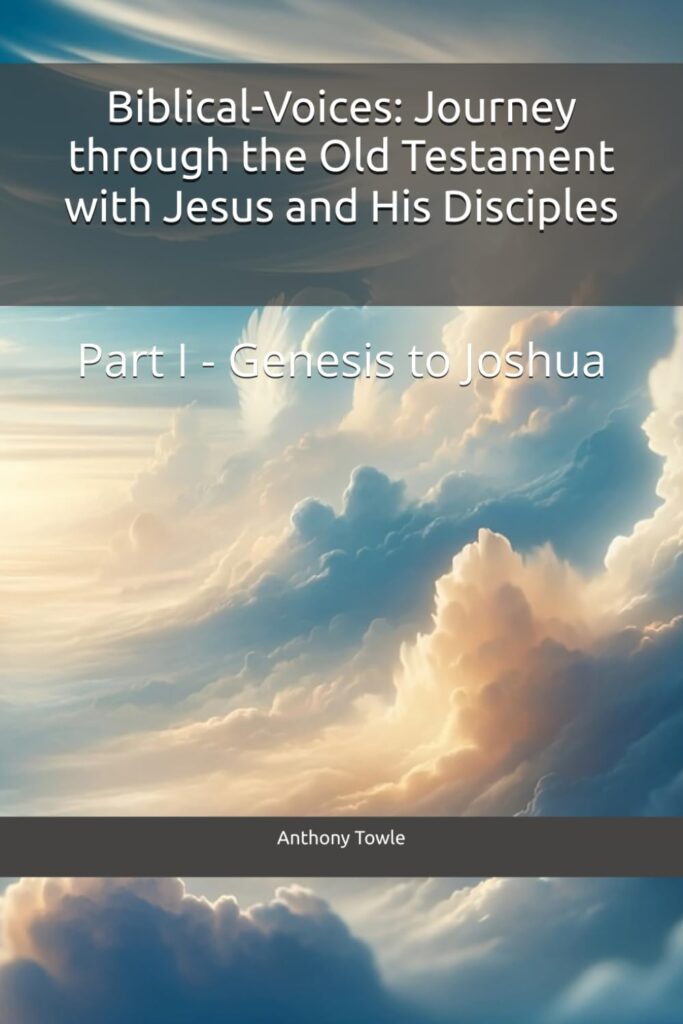Jesus: Psalm 146 is a beautiful hymn of praise. It calls us to trust in the Lord, rather than in men, who are frail and whose plans perish with them. The psalmist begins by encouraging the soul to praise the Lord with all its might, saying, “Praise ye the Lord. Praise the Lord, O my soul. While I live will I praise the Lord: I will sing praises unto my God while I have any being.”
Peter, what do you make of this?
Peter: Lord, it reminds me of how we must give our all to God, and not hold back. To praise Him while I have any being—that feels like something I’ve learned from following You. When You called me from my nets, You asked for everything, didn’t You?
Jesus: Yes, Peter. I did not ask for a part of your heart, but for all of it. In this psalm, we see that the praise is meant to be ongoing, as long as we have breath, just as your devotion should be.
Andrew, do you notice the warning given after the call to praise?
Andrew: Yes, Master. The psalm warns us not to trust in princes or the sons of men, for “his breath goeth forth, he returneth to his earth; in that very day his thoughts perish.” It’s clear that no earthly power can truly save us. It reminds me of when we were with the five thousand, and You showed us that even with little, God provides far beyond what we expect. Trusting in men alone leads to disappointment.
Jesus: Exactly, Andrew. The psalmist points us to a truth you all know well—that human strength and wisdom are fleeting. But who does the psalm say is blessed, James?
James (son of Zebedee): It says that those whose hope is in the God of Jacob are blessed. It speaks of the Lord who “made heaven, and earth, the sea, and all that therein is: which keepeth truth for ever.” The psalm emphasizes that God is faithful, unlike man, and He is the Creator of all things.
Jesus: Yes, and more than His power as Creator, this psalm reminds us of His care for the vulnerable—those often forgotten by the world. The Lord “executeth judgment for the oppressed, giveth food to the hungry. The Lord looseth the prisoners.” Do you see how His love is active, His compassion tangible?
John, you often speak of love. What does this tell you about our Father’s heart?
John: It shows how deeply He cares for the marginalized, the weak, and the needy. The psalm says He opens the eyes of the blind and raises those who are bowed down. It speaks of love in action. To me, this is the heart of what You’ve shown us, Lord—that love isn’t just a feeling but something we live out in serving others.
Jesus: Well said, John. And the psalm ends with a declaration of eternal praise, “The Lord shall reign for ever, even thy God, O Zion, unto all generations. Praise ye the Lord.” The Lord’s reign, unlike that of men, is eternal, and His mercy endures for all time. Let this psalm remind you, my friends, that your trust, your praise, and your hope must rest in God alone, for He is faithful and true.

